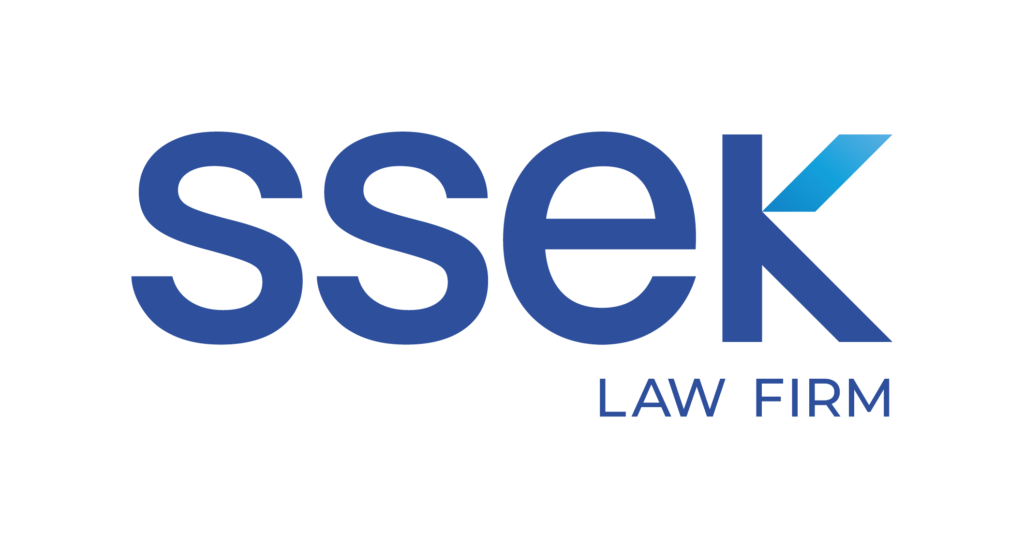Indonesia – New Waste Policy In Bali Targets Single-Use Plastics.
On April 2, 2025, the Governor of Bali, I Wayan Koster, issued Circular Letter No. 9 of 2025 on the Bali Clean Waste Movement (“CL 9/2025”). CL 9/2025 aims to address growing concerns over waste accumulation across the province. It is based on various laws and regulations concerning environmental protection and waste management.
This policy aligns with Indonesia’s broader Clean Indonesia Movement Free of Waste initiative and reinforces the national ban on open dumping as a method of waste disposal. It also responds to the critical condition of Bali’s Final Waste Disposal Sites (Tempat Pemrosesan Akhir or “TPA”), many of which have reached full capacity. The urgency of this issue was highlighted during a coordination meeting on March 12, 2025, where both provincial and local governments declared waste management a top priority.
Scope and Key Provisions
CL 9/2025 enforces waste management at the source and introduces restrictions on single-use plastics across a range of sectors, including:
- Government and private offices;
- Villages and customary villages;
- Businesses (including hotels, shopping centers, restaurants, and cafes);
- Educational and training institutions;
- Markets; and
- Places of worship.
The circular includes specific prohibitions and associated sanctions. In particular, the following activities are no longer permitted within Bali Province:
- Production of single-use plastic bottled drinking water in volumes of less than 1 liter;
- Distribution of single-use plastic bottled products; and
- Provision of single-use plastic.
Violations may result in administrative sanctions, including public disclosure through media announcements, administrative reviews, and potential revocation of business licenses.
Implications for Businesses
The implementation of CL 9/2025 poses several challenges for business stakeholders. Transitioning from plastic to alternative materials such as glass, aluminum, or paper may significantly increase production and distribution costs. This is particularly burdensome for small and medium enterprises that rely on affordable plastic packaging.
From a supply chain perspective, the use of plastics is deeply integrated in modern production, distribution, and logistics. Transitioning to eco-friendly materials may very well cause disruptions. Additionally, the policy may have implications for the labor and employment sector, potentially displacing workers and creating a need for retraining or relocation programs. And while the environmental intent is to reduce plastic use, some alternatives could result in higher carbon emissions due to the energy-intensive processes involved in their production and transportation.
Legal Considerations
While the circular outlines substantial policy changes, its enforceability may be limited. According to Article 7 of Law No. 12 of 2011 on the Formation of Laws and Regulations, circular letters are not formally recognized within Indonesia’s hierarchy of binding legal instruments. As such, questions remain regarding the legal force and implementation authority of CL 9/2025.
Conclusion
CL 9/2025 represents a strong push toward environmental reform in Bali, but also introduces regulatory, operational, and legal challenges for affected parties. Businesses and other stakeholders are advised to assess the potential impact on their operations and seek guidance as needed. (30 April 2025)







